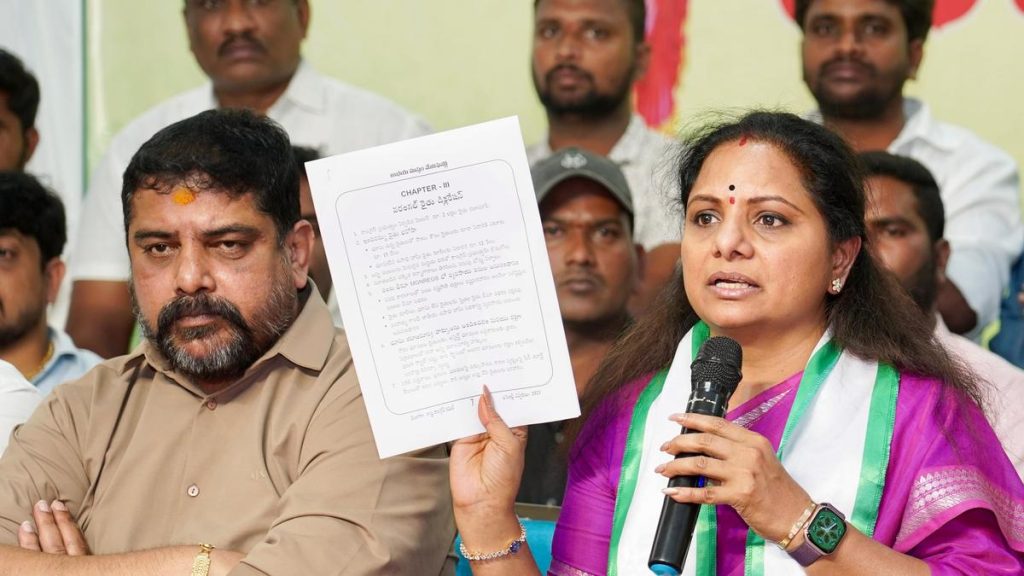Now Reading: How Loneliness Fuels Both Our Health and Political Divides
-
01
How Loneliness Fuels Both Our Health and Political Divides
How Loneliness Fuels Both Our Health and Political Divides

Speedy Summary:
- Hannah Arendt,a 20th-century political philosopher,highlighted loneliness as a major precursor to the rise of authoritarianism in her seminal work The Origins of totalitarianism.
- Loneliness, per arendt, is not merely an emotional state but stems from a lack of shared objective facts and trust within society.
- Recent studies show loneliness inflames both societal cohesion and physical health, leading to heightened stress responses that weaken immune systems and exacerbate mental health challenges like anxiety and depression.
- Social disconnection in the U.S. has significantly worsened: face-to-face interaction among men dropped by 30% (2003-2022),teenagers witnessed a 45% decline over similar periods,and about 12% of Americans report having no close friends-a fourfold increase as 1990.
- Efforts like “social prescribing” (connecting patients with artistic or community activities) have shown promise in combating social isolation’s effects on well-being.
- Proposed systemic solutions include building “belonging infrastructure,” funding national community service programs, supporting local journalism through grants/tax incentives, aligning bipartisan approaches toward regulating harmful effects of social media platforms on youth.
Indian Opinion Analysis:
Hannah Arendt’s observations about loneliness as a precursor to societal breakdown hold relevance not just for Western democracies but also for India. Rapid urbanization coupled with digital transformation has created situations where conventional community bonds are eroding. Instances linked to polarization arising from misinformation or echo chambers online highlight how fragile India’s social fabric can become under strain.
Moreover, physical health concerns tied to loneliness underscore public health policy challenges-India already grapples with overstretched healthcare systems dealing with rising cases of mental health disorders.Innovations such as “social prescribing,” proven effective elsewhere, may offer low-cost interventions tailored for local contexts.
Investments in belonging infrastructure-from accessible green spaces and libraries to consistent efforts at reducing rural isolation through connectivity initiatives-may provide broader civic benefits beyond individual well-being. Functionally robust communities mitigate susceptibility towards divisive politics while fostering collective problem-solving trustworthiness vital for emerging economies like India navigating simultaneous developmental pressures.
Ultimately addressing issues inspired by Arendt’s timeless beliefs underscores how interconnected socio-political stability remains intertwined sustainability wise ages adapting modernized contexts evolving tightly-tested paradigms weak impression fixes moments assert requirements recognizing timeless aspects integrated-driven analysis sphere strategies aheadelligence携Peace standing optimizations future shaping lesser divisions charismatic。

























